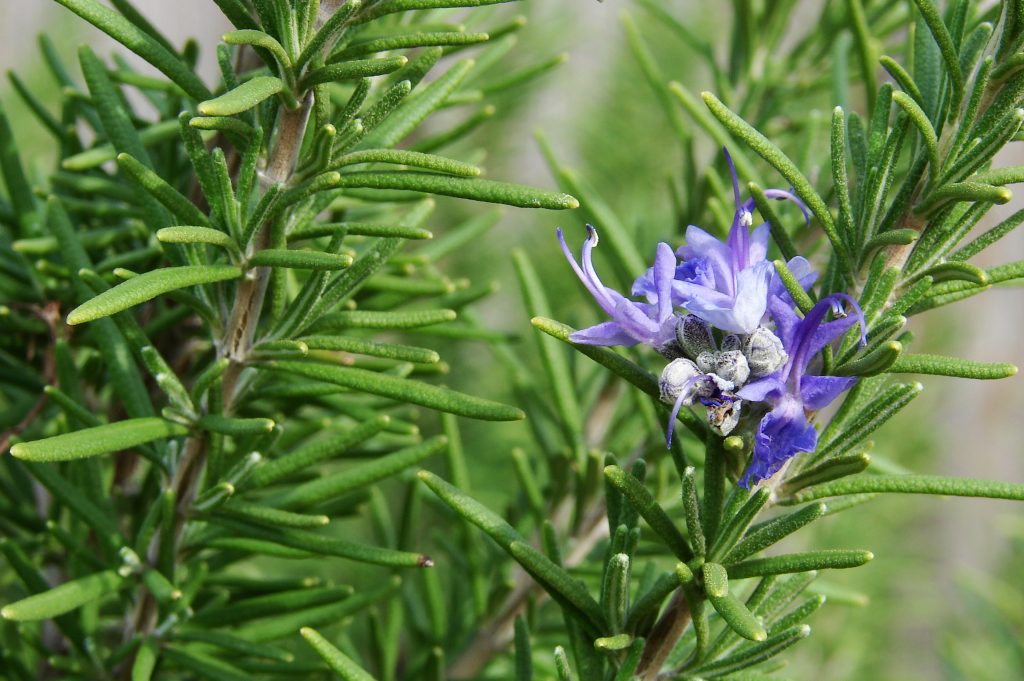 Breast cancer is the leading cause of cancer-related deaths among women worldwide. Rosemary (Rosmarinus officinalis L.) extract possesses antitumor properties against breast cancer cells, including those that are ER+, ER-, and HER2+. Rosemary extract significantly enhances the effect of chemotherapy (tamoxifen, trastuzumab, and paclitaxel). The active constituents in rosemary are carnosic acid, ursolic acid and rosemarinic acid. Carnosic acid works synergistically with curcumin to help inactivate breast cancer cells.
Breast cancer is the leading cause of cancer-related deaths among women worldwide. Rosemary (Rosmarinus officinalis L.) extract possesses antitumor properties against breast cancer cells, including those that are ER+, ER-, and HER2+. Rosemary extract significantly enhances the effect of chemotherapy (tamoxifen, trastuzumab, and paclitaxel). The active constituents in rosemary are carnosic acid, ursolic acid and rosemarinic acid. Carnosic acid works synergistically with curcumin to help inactivate breast cancer cells.
When the diet of mice contained 2% rosemary, the liver’s conversion of estradiol and estrone to the safe 2-hydroxyestrone was increased by 150%, and the potential harmful 16alpha-hydroxylation of estradiol was inhibited by approximately 50%. Thus rosemary may help to regulate estrogen metabolism in a safe way.
- Modulation of estrogen and epidermal growth factor receptors by rosemary extract in breast cancer cells.
- Carnosic acid inhibits the growth of ER-negative human breast cancer cells and synergizes with curcumin.
- Carnosol: a promising anti-cancer and anti-inflammatory agent.
- Inhibitory effects of rosemary extracts, carnosic acid and rosmarinic acid on the growth of various humancancer cell lines.
- Dietary administration of an extract from rosemary leaves enhances the liver microsomal metabolism of endogenous estrogens and decreases their uterotropic action in CD-1 mice.



